Botany and Plant Ecology

The research activities of the laboratory focus on the study of terrestrial ecosystems, with particular attention to plant organisms, the complex interactions they form with the environment and other organisms, and their conservation. The individual lines of research integrate different spatial and temporal scales and various complementary approaches, including methods of vegetation science, functional ecology, conservation ecology and restoration of degraded ecosystems. The ecology of individual plant species is placed in a broader context of biodiversity organisation (community and landscape) and interpreted in response to natural environmental features and processes as well as anthropogenic features and processes. Currently active lines of research include:
- Structure, function and dynamics of terrestrial plant communities and the landscape.
- Pollination strategies of plant species and pollination networks at different levels of biodiversity organisation.
- Trophic networks of predators and parasitoids in agricultural land.
- Design and monitoring of green infrastructures for biodiversity conservation and ecosystem services in agricultural and urban areas.
- Monitoring techniques to restore degraded ecosystems.
- Invasion dynamics of exotic species in coastal ecosystems.
- Gabriella Buffa (Coordinator)
- Edy Fantinato
Collaborators
- Leonardo Lorenzato (Postdoc)
- Simone Marino Preo (Postdoc)
- Sebastiano Favarin (PhD Student)
- Andrea Della Bella (PhD Student)
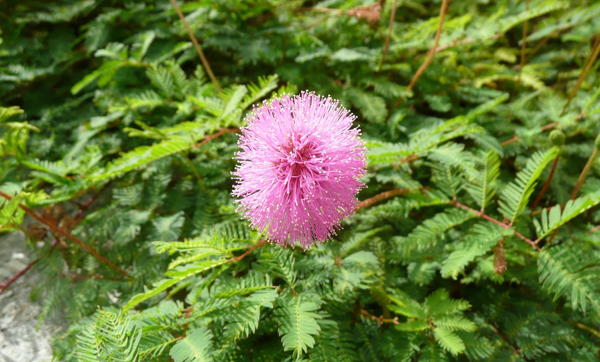
Collaborations
- Centro Biodiversità Vegetale e Fuori Foresta di Veneto Agricoltura
- Regione Veneto - Strategia Regionale della Biodiversità e dei Parchi
- Regione Veneto - P.O. Agricoltura sostenibile ed esternalità ambientali
- Regione Friuli-Venezia Giulia - Settore Biodiversità
- CAV Autostrade
- Centro de Investigación y Tecnología Agroalimentaria de Aragón (CITA) (Spain)
- University of Debrecen, Department of Ecology (Ungheria)
- University of Northampton (UK)
- Macroecology working Group, University of Tartu (EE)
- York University (Canada)
- Università di Maribor (SI)
- Università di Pisa (Italia)
Publications
- Buffa, G., Gaetan, C., Piccoli, S., Del Vecchio, S., Fantinato, E. 2021. Using fine-scale field data modelling for planning the management of invasions of Oenothera stucchii in coastal dune systems. Ecological Indicators, 125, 107564
- Fantinato, E., Sonkoly, J., Török, P., Buffa, G. 2021. Patterns of pollination interactions at the community level are related to the type and quantity of floral resources. Functional Ecology, 35(11), pp. 2461–2471
- Del Vecchio, S., Mattana, E., Ulian, T., Buffa, G. 2021. Functional seed traits and germination patterns predict species coexistence in Northeast Mediterranean foredune communities. Annals of Botany, 127(3), pp. 361–370
- Della Bella, A., Fantinato, E., Scarton, F., Buffa, G. 2021. Mediterranean developed coasts: what future for the foredune restoration? Journal of Coastal Conservation, 25(5), 49
- Lazzaro, L., Bolpagni, R., Buffa, G., (...), Villani, M., Lastrucci, L. 2020. Impact of invasive alien plants on native plant communities and Natura 2000 habitats: State of the art, gap analysis and perspectives in Italy. Journal of Environmental Management, 2020, 274, 111140
Research projects
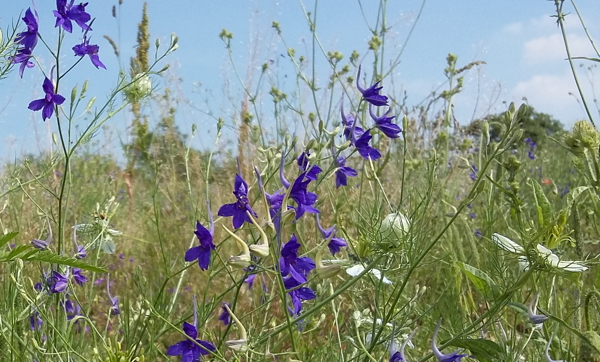
An Integrated approach to conservation of threatened plants for the 21st Century
Even though plants represent an essential part of our lives offering exploitational, supporting and cultural services, we know very little about the biology of the rarest and most threatened plant species, and even less about their conservation status. Rapid changes in the environment and climate, today more pronounced than ever, affect their fitness and distribution causing rapid species declines, sometimes even before they had been discovered. Despite the high goals set by conservationists to protect native plants from further degradation and extinction, the initiatives for the conservation of threatened species in Europe are scattered and have not yielded the desired results. The main aim of this Action is to improve plant conservation in Europe through the establishment of a network of scientists and other stakeholders who deal with different aspects of plant conservation, from plant taxonomy, ecology, conservation genetics, conservation physiology and reproductive biology to protected area’s managers, not forgetting social scientists, who are crucial when dealing with the general public.
Website: https://www.conserveplants.eu/en/working-groups/wg3
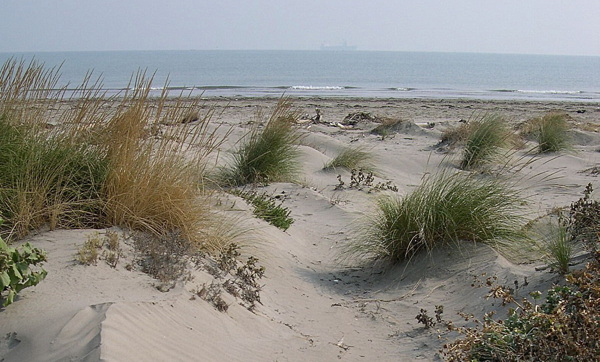
Restoration of dune habitats in Natura 2000 sites of the Veneto coast
The LIFE REDUNE project (LIFE16 NAT/IT/000589), aims to restore and maintain the ecological integrity of a full set of dune habitats listed in Annex I of the Habitats Directive, along with the populations of Stipa veneta, an endangered plant endemic to the dunes of northeast Italy, which is also listed in Annex II of the directive as a priority species for conservation. The overall aim is to guarantee the ecological restoration of the coastal dunes of four Natura 2000 network sites along the North Adriatic coastline. In detail the project aims to restore more than 170 ha of sand dune habitats by using natural engineering techniques and the planting of native plants; reduce negative human impacts inside the Natura 2000 sites; get stakeholders to develop a responsible behaviour towards sand dune ecosystems and support a sustainable use; transfer and replicate acquired expertise and methods to similar ecosystems within the Mediterranean context.
Website: http://www.liferedune.it/
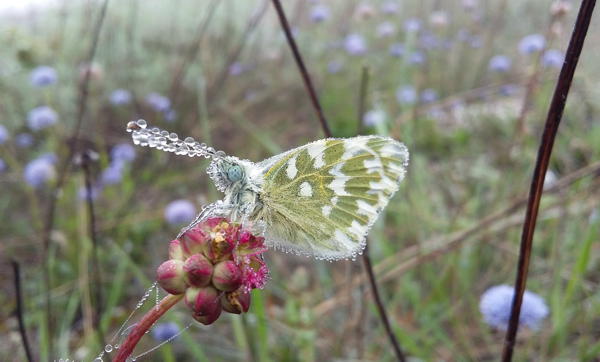
Actions for boosting pollination in rural and urban areas
A new environmental crisis threatens both natural ecosystems and human food security. This is the “pollinator crisis”: insects by transporting pollen allow 80% of plants to reproduce.
The Intergovernmental Science-Policy Platform on Biodiversity and Ecosystem Services (IPBES) estimates that over 40% of pollinating insects, mainly bees and butterflies, are at risk of extinction due to environmental degradation and the disappearance of their most important habitat: the flowering meadow.
The LIFE PollinAction - LIFE19 NAT / IT / 000848 project aims to provide solutions to this problem, through an innovative approach. The project will create 'green' infrastructures inspired and supported by nature. These are sustainable works and for the benefit of the resilience of the territories involved, including 6 municipalities that made their areas available, 11 farms, 2 beekeepers in Spain, 6 areas of extensive agriculture in Friuli-Venezia Giulia and the Mestre Passante highway.
The partnership, coordinated by Ca' Foscari, is extensive, articulated and includes the Veneto Region, the Autonomous Region of Friuli-Venezia Giulia, Venetian Motorway Concessions - CAV spa, the EcorNaturaSì spa group, Albatros srl, the Municipality of Caldogno (VI ), the SELC Cooperative, Veneto Agriculture, and the Centro de Investigación y Tecnología Agroalimentaria in Spain.
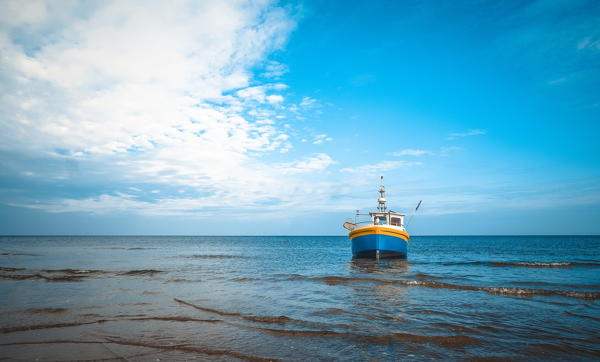
ECOSS ECOlogical observing System in the Adriatic Sea: oceanographic observations for biodiversity
Interreg - Interreg V Italy - Croatia
ECOSS overall objective is the establishment of the ECOlogical observing system in the Adriatic Sea (ECOAdS), shared between Italy and Croatia, able to integrate ecological and oceanographic research and monitoring with Natura 2000 conservation strategies. Building on the facilities, infrastructures and long term ecological data existing in the Programme area and developing specific case studies, ECOSS will enhance the marine observational capacities for improving the conservation status and the expansion of the marine component of Natura 2000 network.
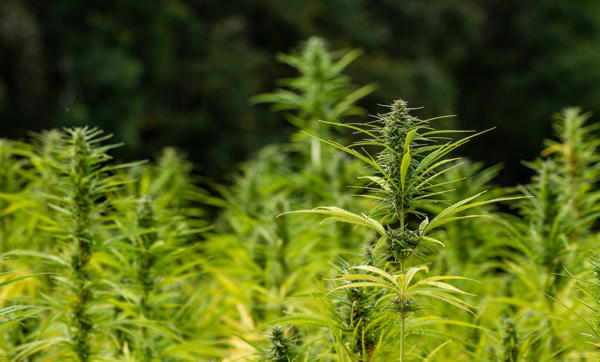
Improving the efficiency of hemp production as an opportunity for innovation and development of marginal hilly areas
Regional Funds (ESF, ERDF, Regional Laws) - POR FESR (2014-2020)
This project proposal aims to test the cultivation of hemp in the regional hilly area and to provide indications to create a better and more concentrated offer. In accordance with the lines of the Smart Specialization Strategy, in particular in the Agrifood sector (nutrition, food safety and sustainable agri-food), the project aims to improve the effectiveness of agricultural practices and the quality of agricultural production in marginal areas, to acquire new scientific knowledge on compounds with high added value immediately applicable in the field of nutraceuticals and, lastly, to consolidate the use of criteria and practices that respect the environment and living well-being.
Last update: 23/04/2025
